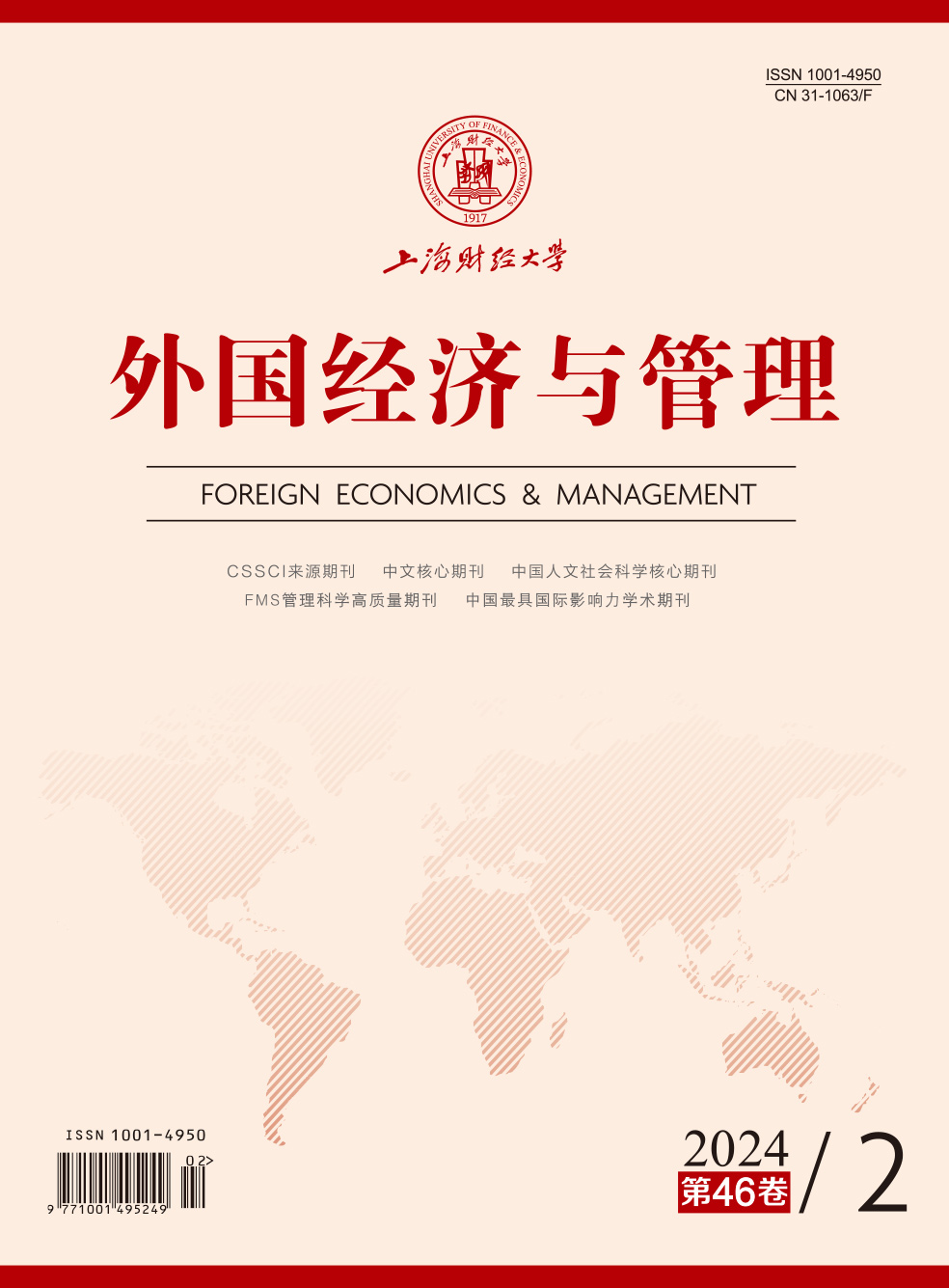By bringing in university professors with technical backgrounds as independent directors, listed companies can create a connection between academia and industry, encourage technical collaboration between universities and enterprises, and offer advice for innovative decision-making. This can play an expert role, enhance corporate innovation capability, and break through the technological blockade. Taking high-tech enterprises listed on Shanghai and Shenzhen stock exchanges from 2010 to 2020 as the sample, this paper explores whether university technology independent directors increase corporate innovation. The study shows that university technology independent directors can greatly boost corporate innovation by encouraging collaboration among industry, university, and research, and reducing management myopia. Heterogeneity analysis reveals that university technology independent directors who hold professorships and have multi-professional or academician backgrounds are better at promoting corporate innovation than other university technology independent directors. Moreover, the promotion effect of university technology independent directors on corporate innovation is more evident in enterprises with higher board activity. Further analysis reveals that university technology independent directors can effectively integrate enterprise R&D modes and promote both collaborative and independent R&D.
The theoretical contributions of this paper are that: First, it offers a fresh perspective for studying the impact of technology independent directors on corporate innovation and broadens the scope of relevant research. Second, it investigates the role and mechanism of university technology independent directors on the board and sheds light on their impact on corporate innovation. Third, it provides additional research on the involvement of university technology independent directors in corporate governance, which subsequently affects corporate innovation.
The management implications of this paper are that: First, high-tech enterprises can hire university technology independent directors to supplement their lack of knowledge and resources needed for innovation. Second, high-tech enterprises can maximize the social network resources of university technology independent directors to facilitate collaborative R&D. Third, high-tech enterprises can leverage the expert role of university technology independent directors to enhance independent innovation capability and break through the technological blockade. Fourth, the board should appropriately increase the number of meetings to facilitate knowledge sharing, improve the ability to identify and assess innovation opportunities, and reduce management myopia.





 7222
7222  4673
4673

